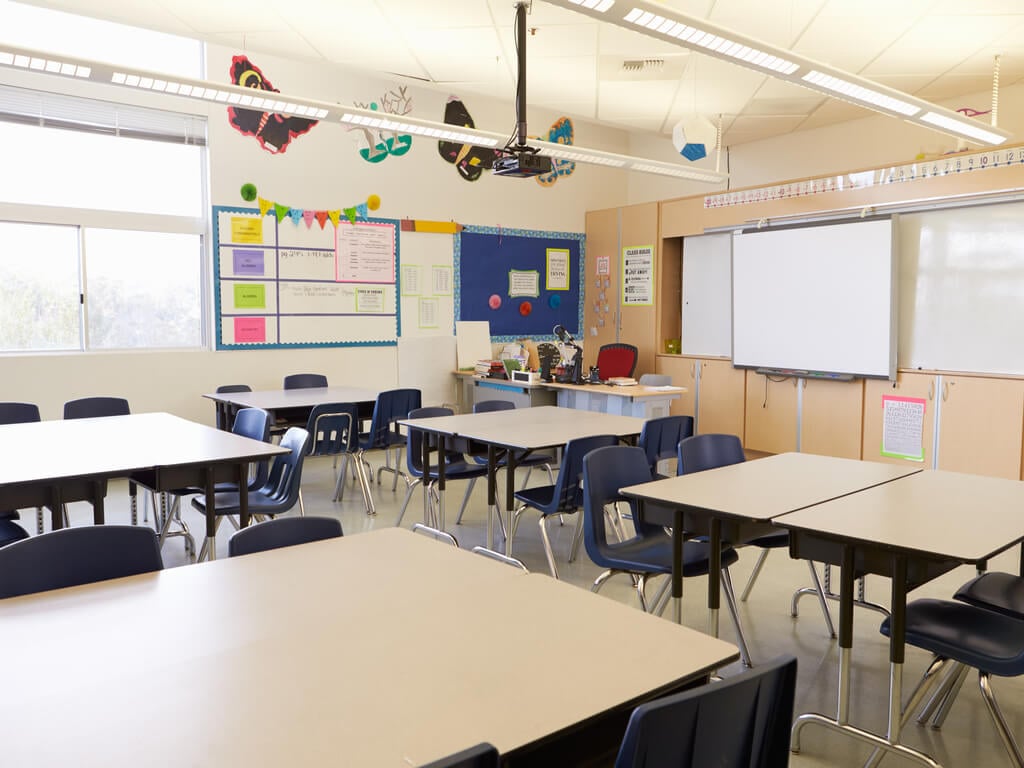
Amidst the school shutdowns of 2020, more than a few of us pointed to teachers’ improved relationships with technology as a silver lining.
Surely, after a year of wrangling kids in video calls, teachers would no doubt emerge as digital gurus ready to engage and educate the iPad generation. Right?
But as we prepare for another school year of pandemic uncertainty, I’m beginning to think technology distracted us from the real educational changes sparked by COVID-19.
Because in a year where we were forced to forget the paperwork, ignore the politics, and connect with our students at any cost, teachers learned about more than just the intricacies of Zoom. Instead, we’ve created a new educational landscape where:
It’s OK for teachers to take risks (and fail)
While we teachers constantly push students to venture out of their comfort zones, we’ve seldom practiced what we preach until now. Because for teachers, the risk of failure comes with plenty of parental and political finger-pointing.
Yet COVID-19 forced us to take risks. We had to come up with new strategies to engage, assess, and build relationships behind a screen. We tossed the rulebook out the window and did our best to simultaneously teach students at home and in the classroom.
Naturally, this came with no shortage of failure. Zoom lessons flopping, remote activities falling flat, and more than a few communication breakdowns. But learning went on: the Victorian Student Representative Council found that 64% of students felt they were keeping up with schoolwork, or even feeling more confident than usual.
The right digital tools helped, but risk-taking made the biggest difference. For perhaps the first time, students saw their teachers throwing themselves headlong into a new and unpredictable challenge, and they followed suit. The result is a new classroom culture of innovation, resilience, and agile thinking: in many ways, the one we’ve always dreamed of.
New teachers are lighting the way
In 2020, it was the new grads who had the chance to shine. Younger, digitally-native teachers suddenly found themselves running whole school professional development sessions, or advising principals on the technology needed to keep learning alive.
They did a good job of it too. A report by McCrindle Research found that 79% of teachers now feel well equipped to teach online.
Yet the cultural impacts of this shift are even more pronounced than the technological ones. Younger teachers have found their voice in the staff room, and school leaders have begun to realise the uniquely valuable skill-sets graduates have to offer the profession. If we combine their digital-savvy with the mentorship of experienced teachers, there’s no limit to what we can achieve.
Teaching as a profession has acquired a new respect
How many of us were left completely drained after trying to teach our own children at home last year?
While teachers shared in the pain of learning from home, the experience also opened more than a few parents’ eyes to the reality of teaching: it’s not an easy job.
As a result, teachers have gained a whole new level of professional respect in the community. The tired claims of excess holidays and knocking off at 3.30 without a care in the world have finally been left behind.
With those misgivings gone, we can now look forward to a year where parents and teachers are on the same team. Learning no longer needs to be confined to the classroom, and kids can benefit from teacher-parent communication that’s more transparent than ever before.
So, while we might be excited about the possibility of ‘going back to normal’ in schools across the country, let’s also make the most of these long-overdue changes. They were hard-won, but they just might be the ones to push our classrooms into a new era.




